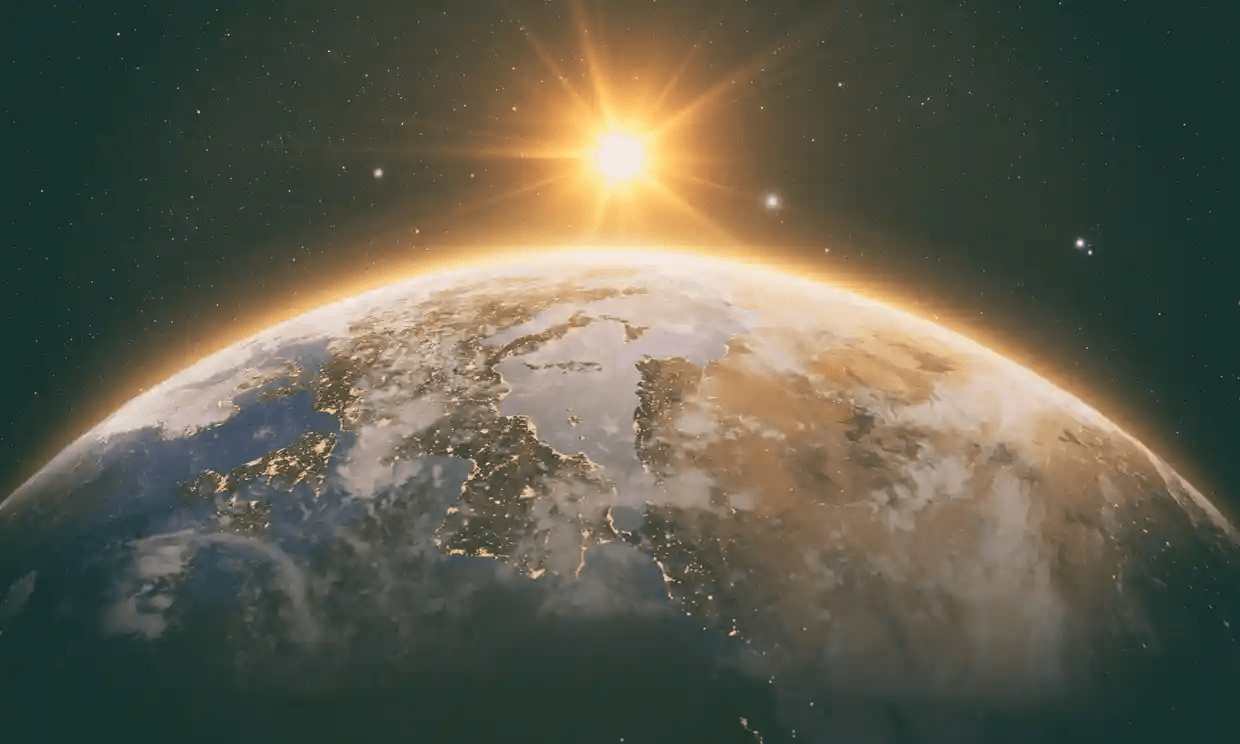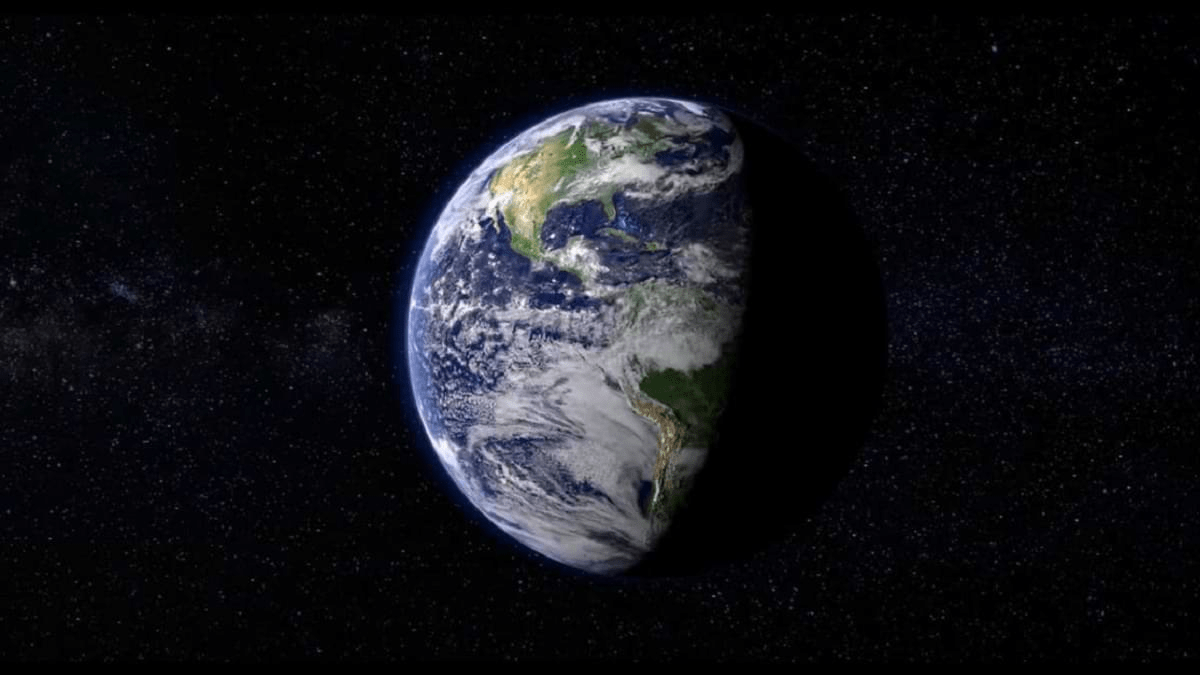On June 29 of this year, Earth set an unusual record: The shortest day since the 1960s.
Basically, the Earth completes one revolution every 24 hours on its axis. This rotation marks a day, driving the sunrise and sunset cycles and shaping life on the planet for billions of years. But everything changed on June 29, when midnight arrived 1.59 milliseconds earlier than expected.
According to the website TimeAndDate.com, over the years there have been many records for the shortest days. In 2020, Earth has the shortest 28 days in the last 50 years, of which the shortest day is on July 19, down 1.47 milliseconds in the 86,400 seconds that make up 24 hours.

This year, the record on June 29 was almost broken when July 26 was also 1.5 milliseconds shorter than usual.
So is the world accelerating? If we count further, the Earth is rotating more slowly than before. About 1.4 billion years ago, a day was less than 19 hours long. On average, every five days on Earth are shortened by about 1/74,000 seconds. The moon is the main cause of this effect as its gravity slightly deforms the Earth, creating tidal friction that gradually slows down the Earth’s rotation.
To keep the clocks in line with the planet’s rotation, the International Telecommunication Union, an agency of the United Nations, added irregular leap seconds in June or December. The most recent. In 2016, they even stopped the clocks for a second so Earth could catch up. The previous adjustment was in 1972. It is expected that in December 2022, the clock will be adjusted again.

According to Nasa, stronger winds during El Niño years (extraordinary warming) could slow the planet’s rotation, extending the day by a few milliseconds. On the other hand, earthquakes can have the opposite effect. The 2004 earthquake that caused a tsunami in the Indian Ocean caused rock to shift, shortening the day by nearly 3 microseconds.
See also: The biggest jackpot of nearly 5,500 billion in the UK has been owned by someone